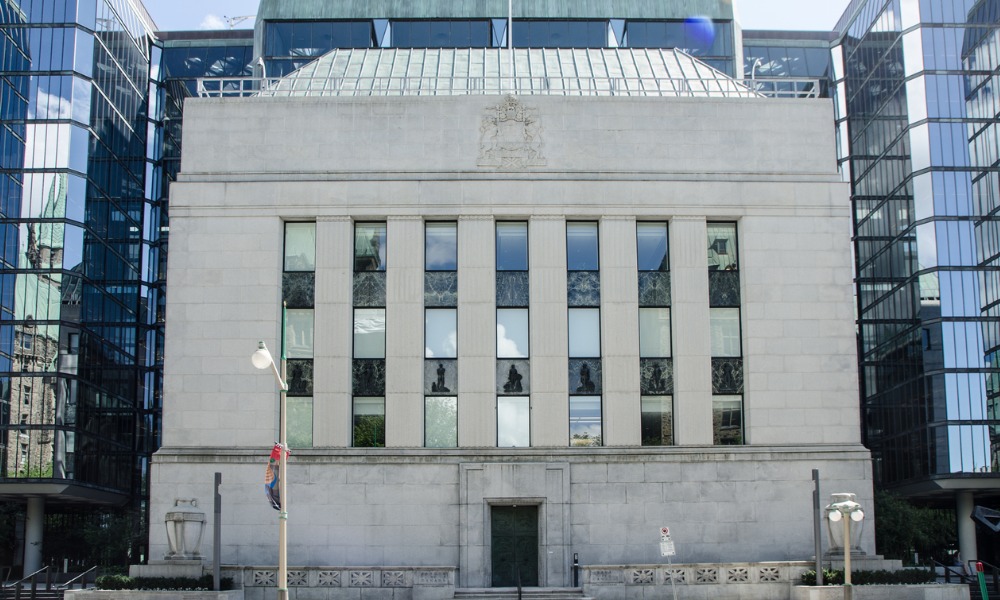Advisor who offers full tax service explains how a sudden reversal and poor communication has eroded client trust in the system

The decision by the CRA to reverse its guidance and revoke the requirement for Canadians with bare trusts to file T3 forms just days before the filing deadline has left clients confused, the CRA’s reputation marred, and advisors to pick up the pieces.
The initial decision by the CRA this year was to mandate that a T3 be filed by the beneficiaries of any kind of trust, no matter how informal that trust was. This was largely motivated by the overlaps between trusts and real estate ownership. Beneficiaries were even required to file at T3 if there was no activity in their trusts.
The CRA defines bare trusts as an "arrangement under which the trustee can reasonably be considered to act as agent for all the beneficiaries under the trust with respect to all dealings with all of the trust's property." The highly informal nature of these trusts mean that any potential trustees had to do a huge amount of legwork to prepare an accurate T3 filing. On March 28th, the day before the Easter Long Weekend and effectively the last business day before the April 2nd filing deadline, the CRA told Canadians that they would not have to file a T3 for their bare trusts.
Kevin Burkett, Tax Partner at Burkett & Co. Chartered Professional Accountants is also a portfolio manager and advisor. He offers full tax services in addition to his investment and wealth management expertise. He explained exactly what went into the CRA’s initial guidance around bare trusts and the sudden decision to reverse that guidance. He outlined where this decision has left his clients and how advisors, whatever their tax certifications, can do to help clients who have been impacted by this sudden reversal.
“Clients were rightly confused by these rules, and found it odd that they needed to make these filings,” Burkett says. “As an advisor, for the last two months we’ve been doing our best to explain the CRA’s position, to commiserate with clients a little bit…We did the work to prepare those filings and two days before the deadline we hear these trust filings won’t be necessary. It’s quite challenging and I think clients are understandably frustrated.”
In demonstrating how broad the definition of a bare trust is, Burkett notes that if a parent helped their child qualify for a mortgage by co-signing a lease, it may meet the definition of a bare trust. Nevertheless, clients want to stay compliant and advisors like Burkett make it their duty to keep everyone onside. As much as the requirement was itself a bit of a pain, the reversal of the decision has done more damage to the CRA and put advisors like Burkett in a more challenging position.
“I think this has some interesting long-lived implications. We may find it more difficult in the future to make the case for new filings,” Burkett says. “I think some taxpayers may be less inclined to comply, too, expecting that there might be some later about-face.”
The initial decision to require T3 filings across all trusts was, Burkett says, borne of an extensive consultation process that began in 2018. While there might not have been consensus that this was the right decision, advisors and accountants were aware of the plans. Burkett’s key takeaway, however, is that the CRA was prevented from fully implementing the feedback they had received, likely due to some form of political interference. A decision at the 11th hour meant they clearly failed to engage with the stakeholders at a level high enough to prompt the CRA to reverse its decision.
Burkett likens this latest mishandling to the failures around rollout of the underused housing tax last year. The legislation, initially intended to cover foreign owners of properties, was so broad in its language that more people were scoped in than expected, resulting in confusion and failures in the rollout.
“There's clearly a commonality here around real estate, I think they're trying to address some of the housing affordability crisis with information gathering and requiring new types of filings,” Burkett says. “But it doesn't seem that they're placing much emphasis on putting forward a compliance regime that people can follow without taking on undue burden of professional fees and time and energy.”
Burkett accepts that the CRA has a difficult job to do. More often its for them to interpret and execute. As questions around real estate fall under the political lens, however, Burkett sees the risk that key points of nuance in tax legislation are glossed over in favour of a snappy headline that implies a fight for housing affordability. Much of the responsibility for the failure lies with parliamentarians and senior staff who interfere in matters that are highly technical in nature.
Burkett’s greatest concern emerging from this story is that it has harmed the credibility of future tax policy. While advisors like Burkett are on the frontlines at tax season, he worries that some individuals will treat future CRA decisions of this kind with even greater disdain.
“We take a conservative approach to tax and we do that because over time we believe that serves the client best,” Burkett says. “What I worry about is that when we take a conservative, compliant position in some future area of new tax legislation or policy, we may get pushback.”



